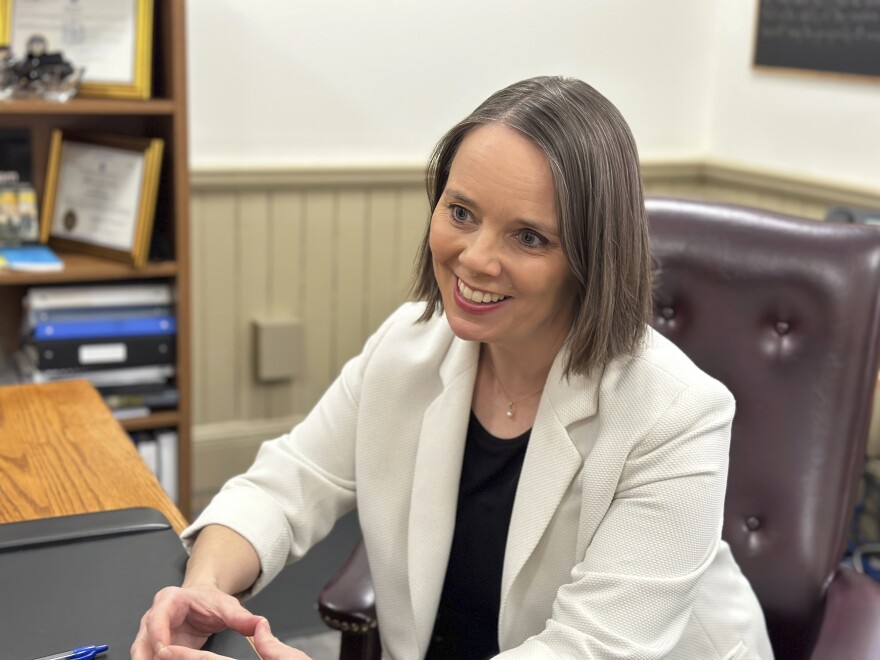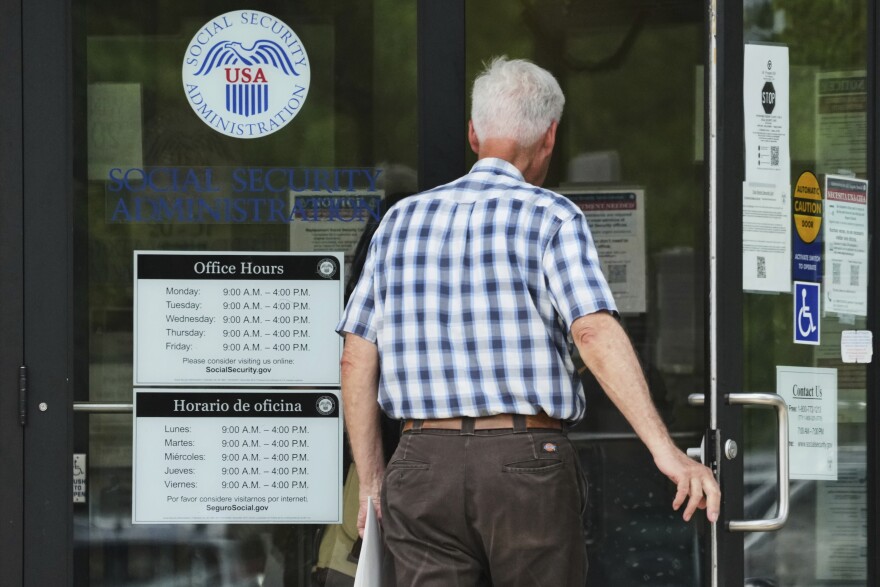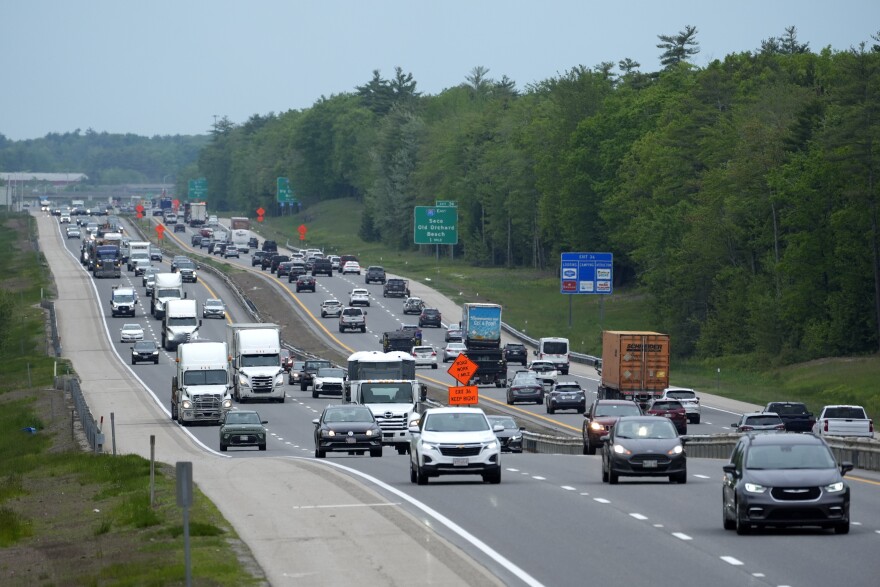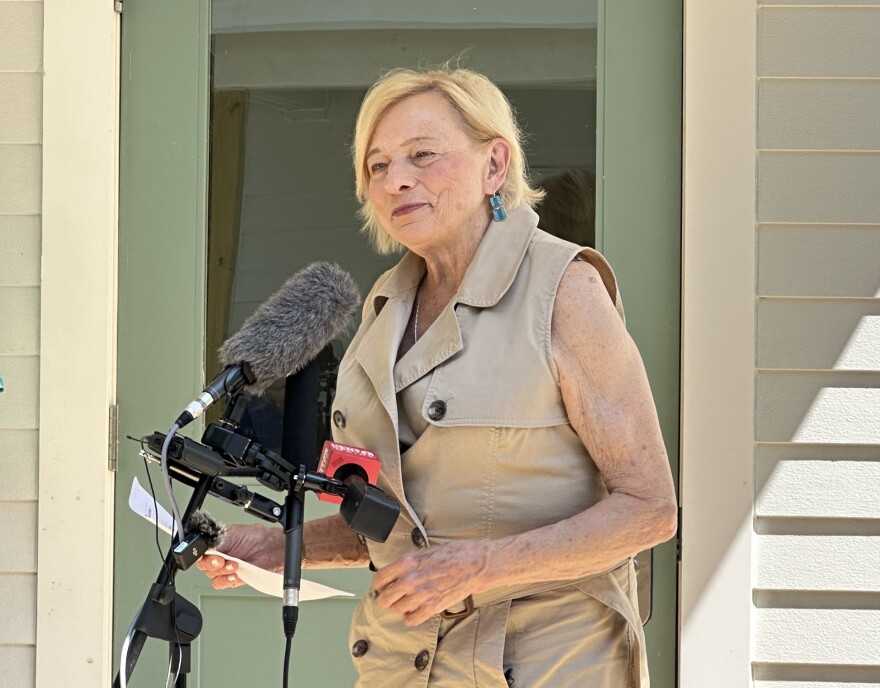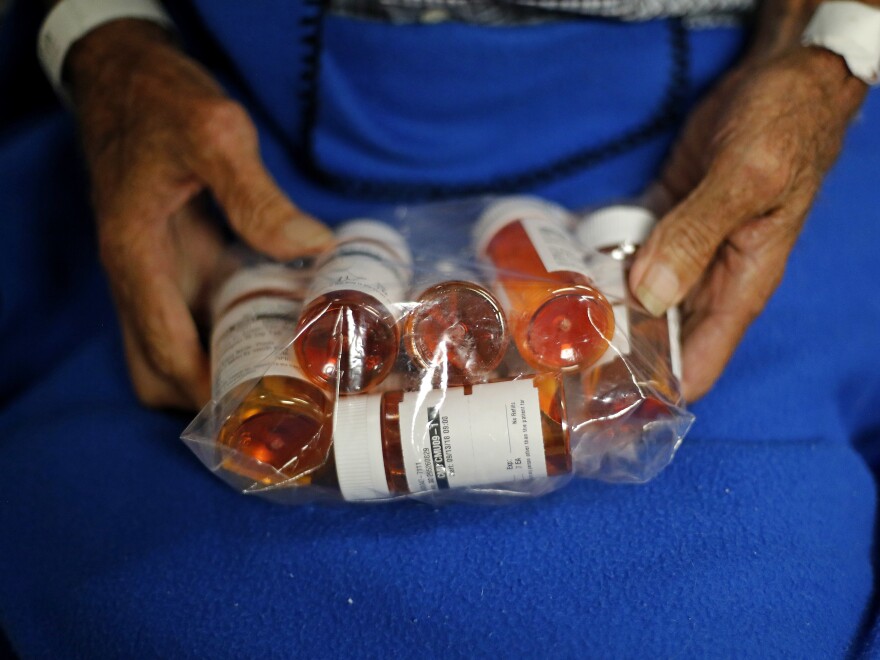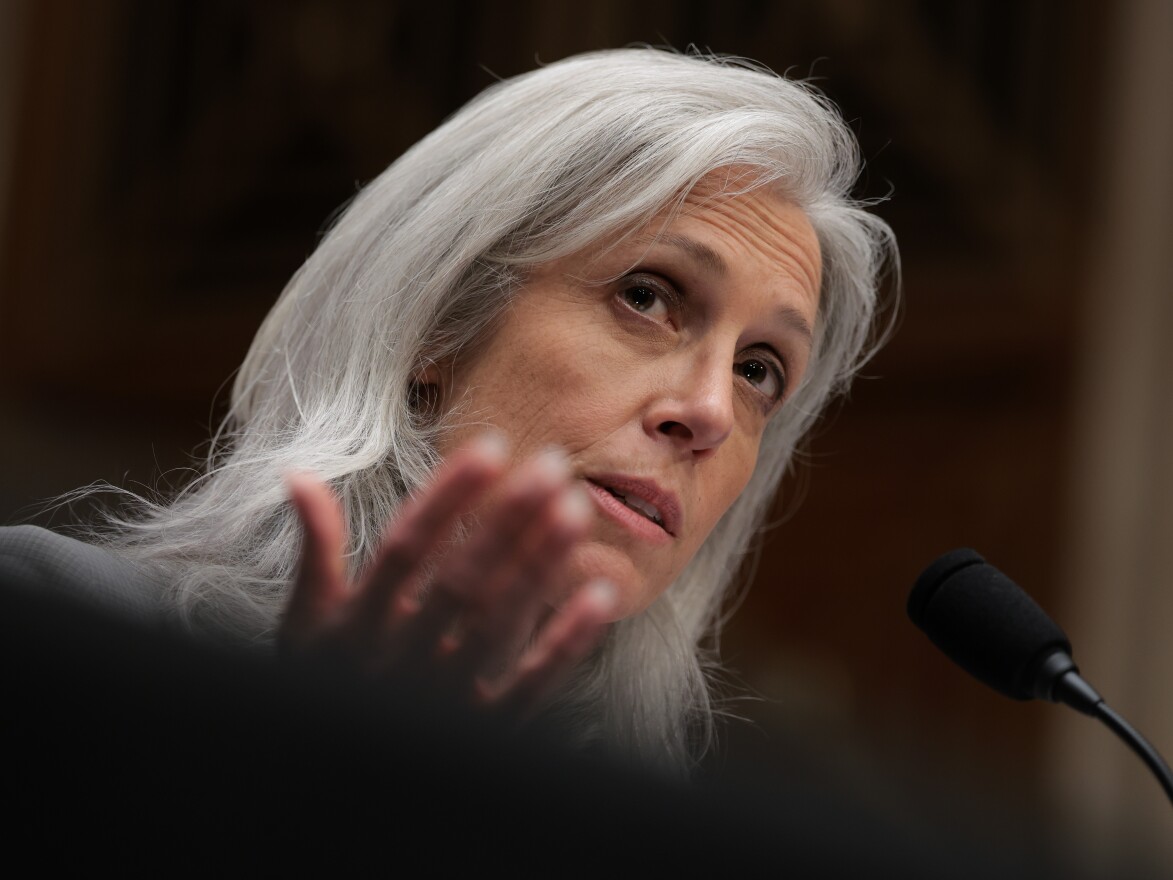Shenna Bellows, the secretary of state for Maine, stated on Tuesday that her office will not provide the U.S. Department of Justice with personal voter information, claiming the request goes beyond the constitutional bounds of the federal government.
The DOJ has sent letters to an increasing number of states, including Maine, asking for copies of voter registration lists and other data pertaining to state election systems. A full copy of Maine’s statewide voter registration list and a list of election officials in charge of keeping it up to date are requested in the letter sent to Bellows on July 24.
Additionally, the agency requested a list of registered voters who were declared ineligible to vote since 2022 due to their status as non-citizens or “incompetent,” as well as comprehensive information regarding the state’s efforts to update the voter lists.
Similar to Bellows during a press conference her office hosted, several states have resisted those requests.
“But what the DOJ is asking is unprecedented,” Bellows said. “It violates the principles established by the Constitution’s founders and is an abuse of power. And as a guardian of voter privacy, we’re saying, ‘No, you’ve gone too far,’ today to preserve the right to vote.”
Additionally, the Democrat invoked a previous Republican Mississippi secretary of state who, in 2017, advised the first Trump administration to “jump in the Gulf of Mexico” when it asked states for voter register data.
Bellows, who is vying for the Democratic nominee in Maine’s 2026 gubernatorial contest, stated, “The Gulf of Maine is extremely cold right now, but perhaps that’s what DOJ needs to cool down.” “This is my answer to Trump’s Department of Justice: go jump in the Gulf of Maine.”
Two inquiries from Maine Public seeking answers to Bellows’ charges and more details regarding the state demands for voter data were met with a straightforward “no comment” from a Justice Department official. According to Bellows, a DOJ official told the national association of secretaries of state that they will eventually require the data from all 50 states, although in recent weeks, about a dozen states have received such requests.
It is unclear how the Justice Department will use the data it has asked states to provide. In his letter to Bellows last week, DOJ deputy assistant attorney general for civil rights Michael Gates begins by mentioning the National Voter Registration Act’s responsibilities for maintaining voter lists.
“Please provide a list of the election officials who are responsible for implementing Maine’s general program of voter registration list maintenance from November 2022 through the receipt of this letter, including those responsible officials not employed by your office (such as local elections officials) who are also involved in that effort,” Gates requested. “Please also provide a description of the steps that you have taken, and when those steps were taken, to ensure that the state’s list maintenance program has been properly carried out in full compliance with the NVRA.”
Conversely, Bellows charged that the DOJ was “casting aspersions” on election officials.
The possibility of significant voter fraud or fraudulent voting has been brought up by Trump and certain Republican allies on several occasions, especially following his defeat by Democrat Joe Biden in 2020.
Trump established a special panel during his first term to look into claims of illegitimate votes in the 2016 elections. However, the commission was dissolved without finding any proof of fraud. Matt Dunlap, who participated on the panel and was Bellows’ predecessor as Maine’s secretary of state, was a prominent opponent of a procedure that seemed to have been designed to support Trump’s unsupported allegations of illicit voting.
According to the legislation, election authorities in Maine must regularly check voter registration databases to exclude any deceased people and find any people who have moved out of the state or altered their address.
In Maine, political parties, voter registration drives, and other organizations are permitted to access specific data from the state’s “central voter registration system.” These details include each voter’s name, address, party affiliation, and voting record. However, Bellows stated on Tuesday that other data, such social security numbers and dates of birth, in her office’s voter registration files is private and not shared. But according to Bellows, the DOJ also seems to be looking for that information.
“If the DOJ has legitimate requests or legitimate concerns, we are always happy to collaborate on legitimate initiatives,” Bellows stated. “This isn’t real. The reason I say, “Go jump in the Gulf of Maine,” is because you are asking for the private information of every voter in our state.
Over 600 registrants were found to have two voter registrations in the state’s voter database earlier this summer, and over 50 of those voters seemed to have cast two ballots in a single election, according to the Maine Republican Party. Weeks later, Bellows’ office announced that they had looked into the claims and concluded that none of the voters the Maine GOP had labeled had done anything improper.
Trump and Bellows have previously clashed.
She ruled that Trump was ineligible for Maine’s 2024 Republican presidential primary in late 2023, claiming that he had incited the riots at the U.S. Capitol on January 6, 2021, in violation of the constitution’s insurrection clause. However, after a similar decision by Colorado election authorities was declared unlawful by the U.S. Supreme Court, Bellows was eventually compelled to rescind that ruling.
Bellows, the chairman of the ACLU of Maine and a former state legislator, is one of five Democrats who have declared their intention to run for the Democratic nomination to become the next governor of Maine.
